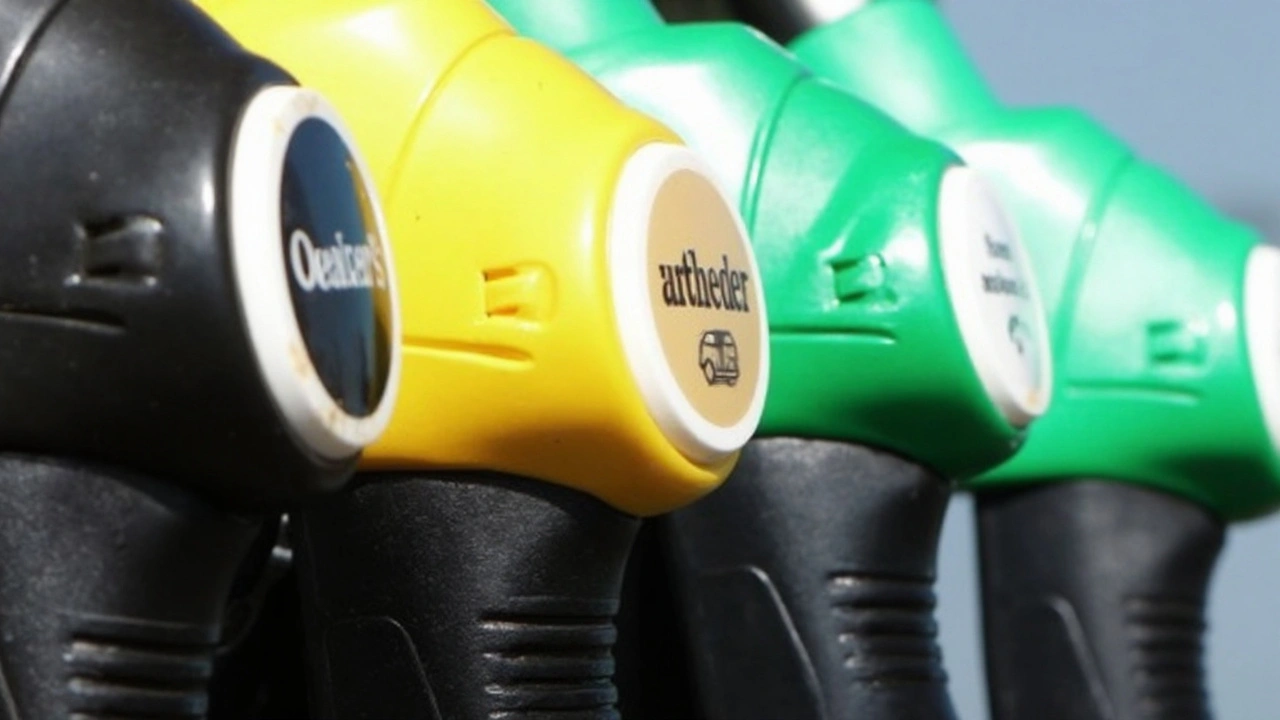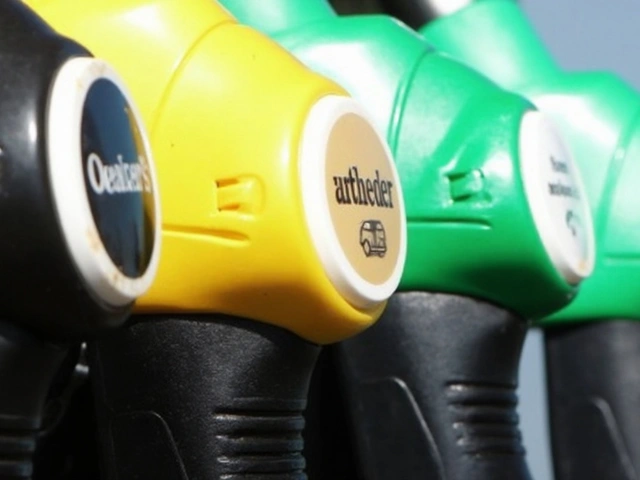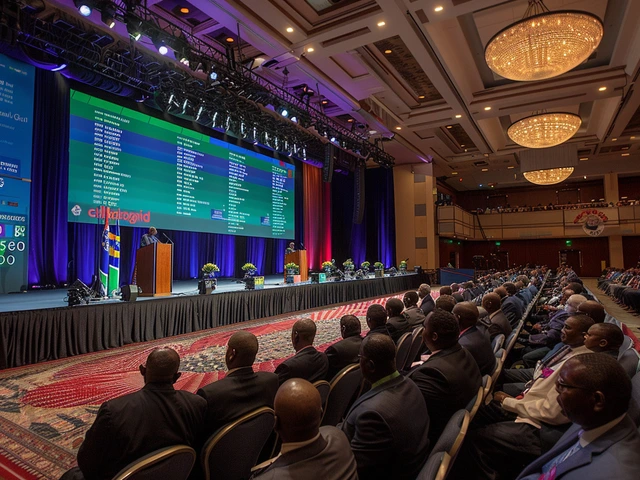Fuel Costs Set to Climb—And So Will Grocery Bills
If you thought your grocery budget was already stretched, there’s tough news on the horizon. In South Africa, a new fuel levy increase will kick in on 4 June 2025, bumping up the price by 16 cents per litre for petrol and 15 cents for diesel. This change is more than just small change at the pump—it spells trouble for anyone working in, or simply buying from, the country’s agricultural sector.
The National Agricultural Marketing Council (NAMC) didn’t mince words. They say fuel accounts for about 13% of farmers’ input costs. That’s not just tractors and trucks—think irrigation, harvesters, and the entire chain that gets food from the field to your fork. Now, with this tax hike, every step along that path gets pricier.
The pattern is familiar: higher transport and production costs almost always trickle down to consumers through increased food prices. And that’s just the beginning. When food costs go up, so does the pressure on households already balancing on the edge, especially with recent inflation spikes and jobs harder to come by in rural areas. Even small price tweaks can push basic goods out of reach for lower-income families.

Farmers Squeezed as Costs Mount
For producers, the fuel levy increase lands at just the wrong time. South Africa’s farmers are already battling rising fertilizer prices, erratic weather, and volatile export markets. Adding a steeper fuel bill into the mix only piles on the pressure. Small and family-run farms, who run on tighter margins, feel the squeeze first. The NAMC says this uptick could threaten jobs and hamper the fragile efforts many communities are making to pull themselves out of poverty.
- Transporting farm supplies gets costlier.
- Harvesting and processing need more expensive fuel.
- Exporters face declining competitiveness as local goods become pricier overseas.
Of course, the government’s argument isn’t lost on anyone. The levy, they say, is necessary to fill budget gaps and pay for critical infrastructure. South Africa does need roads, bridges, and power that work. But balancing those investments with the brutal reality of rising living costs is a tricky act. With the economy still shaking off setbacks, the fear is that this measure, well-meant or not, will sink the people who can least afford it.
The next year will be a real test as everyone watches farmgate prices and supermarket shelves. Whether there’s any relief in the pipeline for rural economies or everyday shoppers remains to be seen. For now, both farmers and consumers are bracing for a tough ride.





Comments
It's disheartening to see policymakers slap another tax on fuel without considering the real people who keep our tables full, especially the smallholder farmers who are already drowning in rising input costs.
My heart goes out to the families watching their grocery bills creep up while trying to make ends meet :( it's a tough squeeze for everyone.
We have to think about the ripple effect each cent added at the pump creates on the entire food chain it reminds us that economics isn’t just numbers it’s lives and livelihoods
Wow, the fuel levy increase really hits at a perfect storm of challenges for South African agriculture, doesn’t it? Farmers are already wrestling with soaring fertilizer prices, erratic weather patterns, and shifting global markets, and now they have to absorb an extra 0.16 dollars per litre of petrol and 0.15 for diesel, which is no small change. This additional cost penetrates every stage of production, from the diesel that powers irrigation pumps to the gasoline that fuels transport trucks delivering produce to market. Imagine a small family farm where margins are razor‑thin, and a single extra cent per litre translates into thousands of rands over a season, squeezing profits to the breaking point. The National Agricultural Marketing Council’s figures that fuel makes up about 13 % of total input costs are alarming, especially when you consider that labor, seed, and fertilizer already chew up a large chunk of the budget. Moreover, higher transport costs inevitably get passed down the supply chain, inflating farmgate prices, which then end up on supermarket shelves, burdening consumers already feeling the pinch of inflation. Rural households, many of which rely on farming income, could see their purchasing power erode further, deepening the cycle of poverty. It’s also worth noting that exporters might lose competitiveness as their products become more expensive to ship, potentially reducing foreign exchange earnings for the country. The government’s rationale-plugging budget gaps and funding critical infrastructure-is understandable, yet the timing feels off, given the fragile recovery from recent economic setbacks. Roads, bridges, and power are indeed vital, but financing them by taxing the very sector that fuels food security seems counterproductive. Some might argue that the levy is a necessary evil, a short‑term pain for a long‑term gain, but short‑term pain can become permanent hardship if not mitigated. Policy makers could consider targeted subsidies or tax credits for smallholder farmers to offset the impact, ensuring that the levy doesn’t become a burden that drives farms out of business. A balanced approach would protect both the nation’s fiscal needs and the livelihoods of those who literally grow the nation’s sustenance. In the meantime, community organisations and cooperatives might step in to share resources, bulk‑buy fuel, or coordinate logistics to reduce overall costs. Ultimately, the success of this policy will hinge on how quickly and effectively the government can provide relief measures, because without them, the levy could widen the gap between the food producers and the food‑hungry populace.
We’ll get through this.
The state’s short‑sighted tax grab betrays our sovereignty, undermines agricultural competitiveness, and throws a wrench into the national supply chain-this is not fiscal prudence, it’s reckless policymaking that endangers food security.
Stay strong, farmers! You can push through this challenge together.